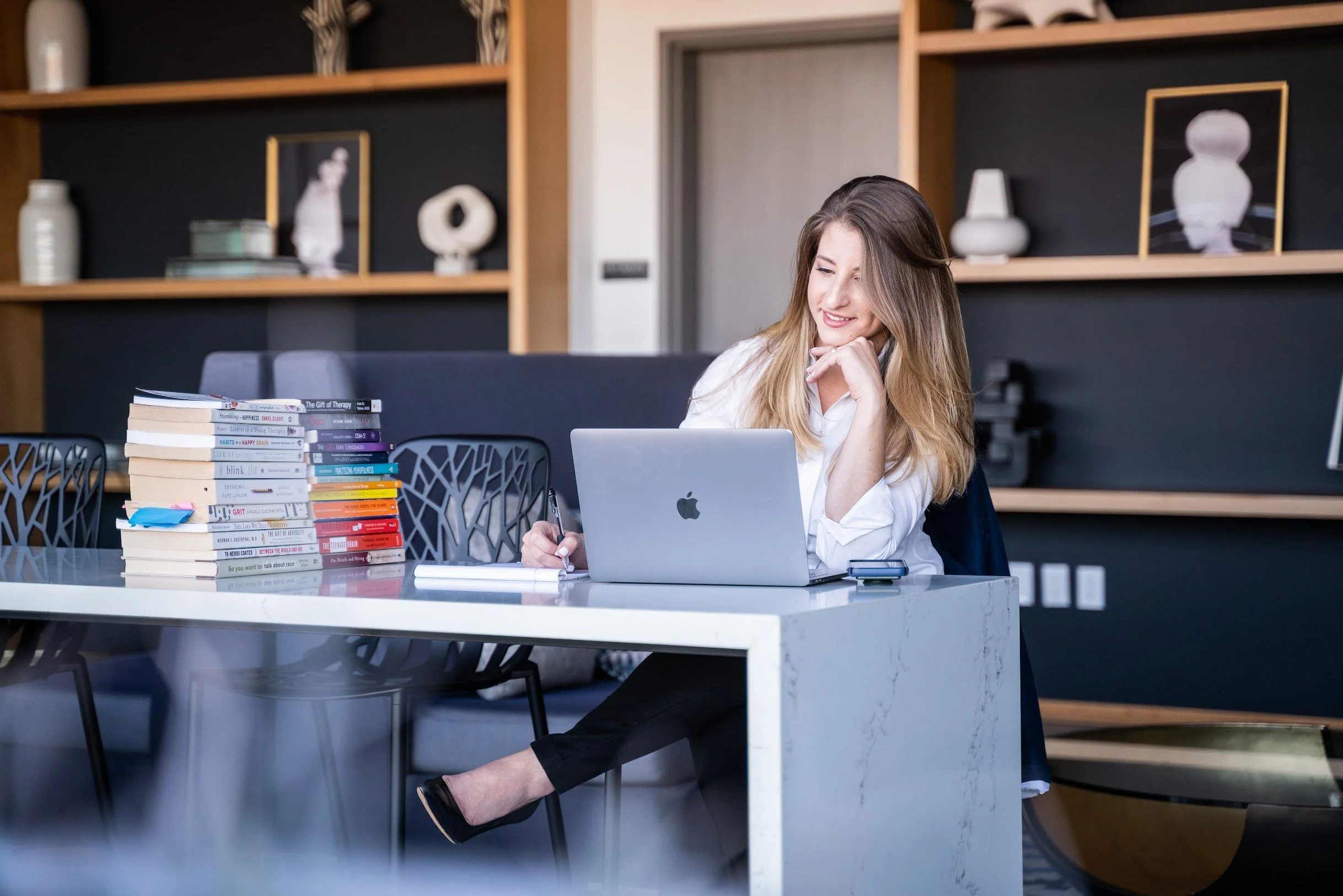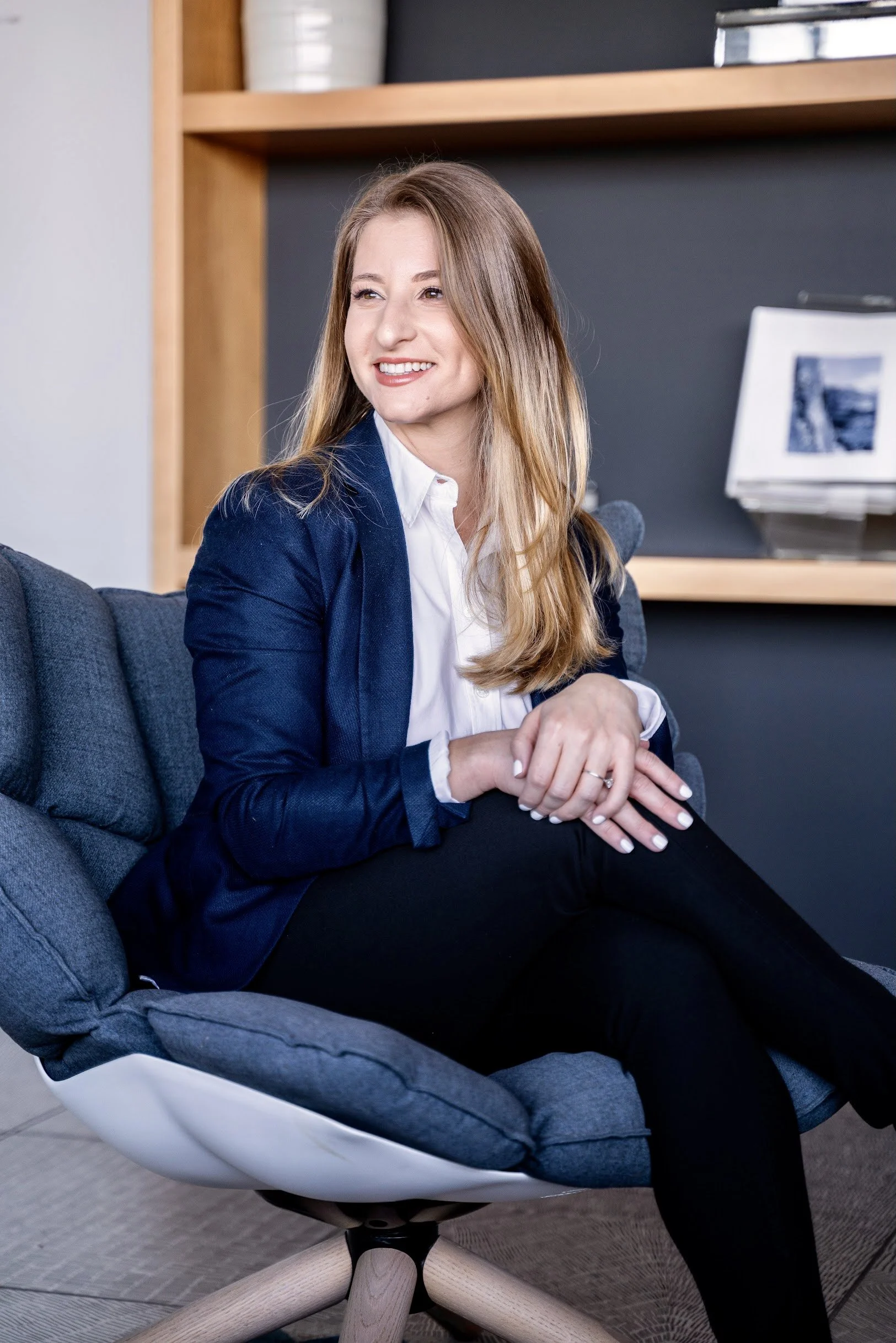“We can’t heal what we don’t acknowledge, but acknowledgment can be painful and takes work, so we need effective tools and safe spaces we feel welcomed.” -Lama Rod Owens

my Approach.
Therapy is a unique place where you can share your story, not the polished version, but the one that is punctuated with experiences of distress, shame, disappointment, embarrassment, regret, etc. We all have messy parts of being human that yearn to be compassionately held, examined, and processed without judgment. Making space for those feelings can help them to not become repressed, avoided, or displaced on others.
I believe that early in life we developed ways to cope with difficult experiences and environmental situations that we couldn’t control, however, there comes a point where some of the ways that we learned to exist in the world no longer adaptively serve us. This is often a time we find ourselves in therapy. I want to help you gain insight into those patterns and develop new ways of being in order to make positive changes. These changes often come from both evidence-based tools and deeper reflections. The therapeutic relationship can, at times, also help illuminate some interpersonal dynamics that we are grappling with outside of the therapy room. Our relationships often hold up a mirror into what is wounded and where we still need healing.
In order to accurately explore our goals, values, and presenting concerns I aim to make space for the internalized generational messages that shape us. Our family-of-origin and cultural backgrounds are woven into the threads that build our story. Our identities inform how we see ourselves, relate to others, and perceive other’s assumptions about us. Since we each have a unique story there is no one-size fits all approach. I strive to provide individualized care for each client so they can leave therapy feeling empowered, supported, and challenged.
About Me.
I am a licensed clinical psychologist (PSY 32373) and there are many factors that have shaped my passion for psychology that began at a very young age. Growing up as an immigrant in a Ukrainian Jewish household I was no stranger to pressure, expectations, and cultural stigma around mental health treatment. My early experiences have significantly influenced my ongoing desire to re-shape the narrative around seeking therapy. My lived experiences have also led me to value and stay curious about how family-of-origin and culture impact the way my clients experience their identities, interpersonal relationships, and views of the world.
During my doctoral program, I conducted extensive research on the effects of academic pressure on the adolescent population. This stemmed from both a growing clinical demand and my own formidable years spent immersed in the fast-paced and high-achieving Bay Area culture. My dissertation analyzed data from over three thousand students in the Bay Area to examine the negative psychological and physical effects of academically competitive environments.
For years, I was also part of the US Chess Team and competed in several World Youth Championships. I bring my own first-hand experience along with clinical training when working with athletes, young professionals, and executives on how to manage performance pressure and anxiety. I have recently been featured at Global Technology Symposium speaking about the intersection between mental health and technology.
Clinically, I primarily practice from a psychodynamic theoretical orientation, while integrating tools and skills from other theories (DBT, CBT, ACT, MI) to address each person’s unique presenting problems.
I am intensively trained in Dialectical Behavioral Therapy (DBT) and in addition to providing individual therapy, I’m currently part of a treatment team offering comprehensive DBT to adolescents and adults at The Wise Mind Institute. Additionally, I teach a weekly DBT skills group.
pronouns: she/her

